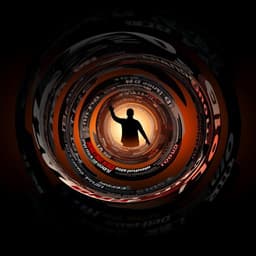
Humanities
"Listening to the zoom of a hornet": Virginia Woolf's feminist reflections on the sounds of military weapons and war violence
H. Zhu, H. Ding, et al.
Discover how Virginia Woolf's reflections on the sounds of war reveal the deep psychological traumas faced by both soldiers and civilians. This insightful research by Haifeng Zhu, Hui Ding, and Weiyu Chen delves into the connections between soundscapes, feminist perspectives on violence, and the therapeutic potential of serene memories in combat's aftermath.
Related Publications
Explore these studies to deepen your understanding of the subject.







